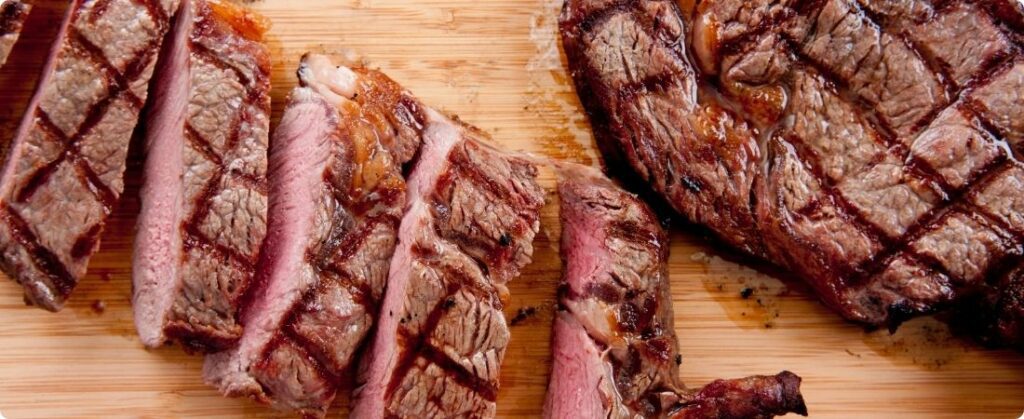
Caio Penido, businessman and president of the Mato Grosso Meat Institute (IMAC), has severely criticized the decision by organizers of the 2024 Olympics to reduce the supply of meat to athletes, prioritizing vegetarian foods to reduce CO2 emissions. Penido argues that the strategy not only lacked scientific basis, but also failed to meet the nutritional needs of high-performance athletes, who faced underperformance due to the lack of essential proteins.
The criticism therefore gained support from several athletes, including former Australian Olympic medalist James Magnussen, who in turn associated the drop in performance with the reduction in protein intake. Faced with these complaints, the organizers therefore revised the menus and reversed the decision, thus increasing the supply of meat and eggs.
Furthermore, Penido also refutes the idea that beef is an environmental villain. According to studies by Daniel Vargas (FGV) and Myles Allen, livestock farming can, in fact, contribute to mitigating climate change. According to him, CO2 emissions related to livestock farming are relatively low, especially in Brazil, which, after all, represents only 3.9% of global emissions.
Meat reduction and sustainability: A complex and ineffective debate at the Olympics
“It is incorrect to link the reduction in beef consumption to the reduction in deforestation or to the adverse climate events we face today. The complexity of these environmental problems involves a series of interconnected factors, such as population growth, the economic development model, the use of fossil fuels or non-renewable energy, and the lack of public policies. Furthermore, 12.2% of the world’s forests are in Brazil, with 66% of the national territory covered by protected and preserved vegetation,” he comments.
For Penido, France’s attempt to promote an environmental image by reducing meat consumption has been ineffective and symbolic. He suggests that cleaning up the Seine River would have a greater environmental impact than restricting meat at the Olympics, emphasizing more substantial actions for the environment.
“As for the Olympics, they lasted just over two weeks and had around 10,500 athletes competing in 48 sports. The event demonstrated that France has no real concern for the climate or the environment. The reduction in meat that the French are seeking — on the athletes’ plates — could represent just over 210 adult cattle. An insignificant amount to be associated with any message of environmental preservation or reduction of greenhouse gases,” he concludes.
Source: Leonardo Gottems | agrolink










